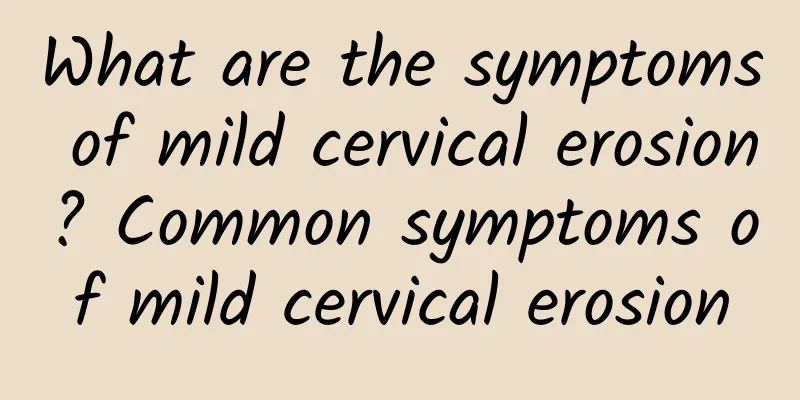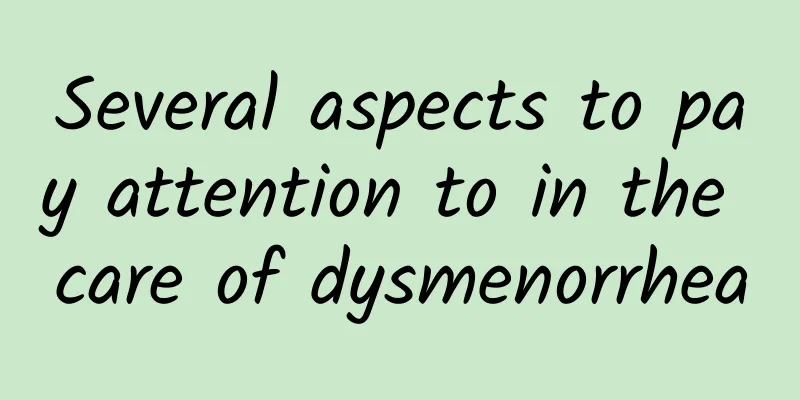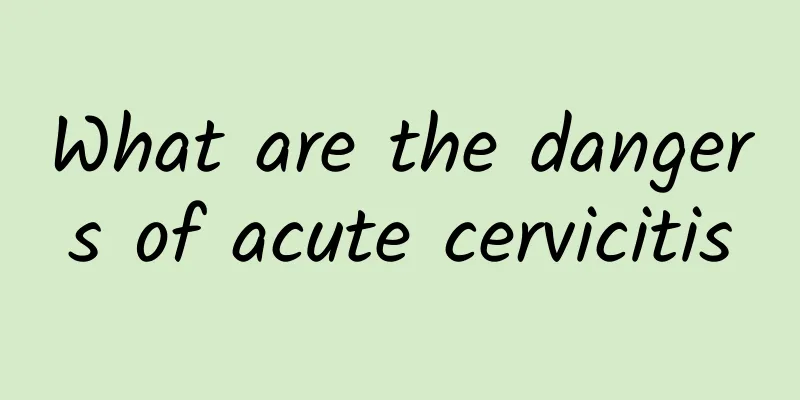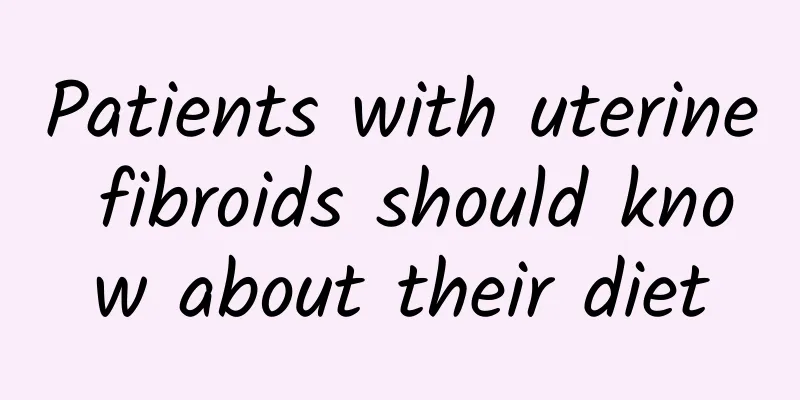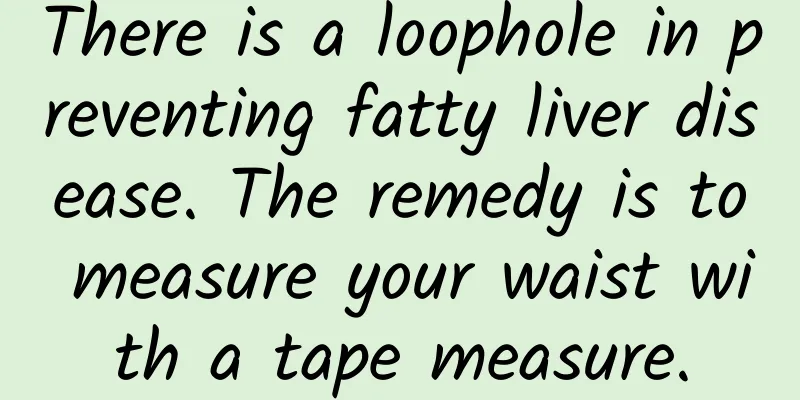Can I get pregnant after removing a uterine cyst?

|
Whether you can get pregnant after removing a uterine cyst depends on the type of cyst, the treatment method, and the effect of the surgery on the uterine and ovarian function. Some cases will not affect pregnancy, but if the uterus or ovaries are damaged during surgery, fertility may be reduced. 1. Types of uterine cysts There are many types of uterine cysts, such as cystic changes of uterine fibroids and adenomyosis cysts. Some cysts are only located on the surface or myometrium of the uterus and do not directly affect fertility, while some cysts, such as endometriosis cysts, are too large or exist for a long time, which may interfere with the endometrial environment and be unfavorable for embryo implantation. The specific impact needs to be confirmed by gynecological ultrasound, blood tests and pathology. The doctor will decide on the surgical plan after judging the nature of the cyst. 2. Surgical method and its effect on the uterus Uterine cyst surgery aims to protect fertility. Common methods include laparoscopic resection, myomectomy, and total hysterectomy. If the cyst is large or in a special location, it may be necessary to remove part of the uterine tissue, in which case the risk of pregnancy will increase. For example, for patients with uterine fibroids, removing the fibroids may thin the uterine wall, making uterine rupture more likely during pregnancy, and special care is required. If the surgery does not involve the endometrium and ovaries, it usually does not affect pregnancy. 3. The importance of ovarian function During uterine cyst surgery, if part of the ovary needs to be removed or the ovarian function is reduced, such as a decrease in the number of ovarian reserve follicles, it may affect ovulation and lead to difficulty in pregnancy. For women who are planning to have children, the doctor may develop a plan to protect ovarian function by testing hormone levels or evaluating fertility before surgery. In addition, eggs can be frozen as a backup plan. 4. How to maximize the chances of fertility Whether or not you can get pregnant after surgery is affected by other factors, including the patient's age, postoperative recovery, and overall health. You should have a follow-up examination and regular gynecological follow-up 3-6 months after surgery to ensure that the uterine environment is stable and the ovarian hormone level is normal. Adjusting your lifestyle, such as eating a balanced diet and maintaining proper exercise, can help your body recover after surgery. If you have difficulty getting pregnant, you can take ovulation-inducing medication under the guidance of a doctor, or use assisted reproductive technology such as artificial insemination and in vitro fertilization. After the removal of a uterine cyst, most women can still become pregnant, but it depends on the specific type of cyst and the effect of the treatment on the body. It is recommended to evaluate the chance of fertility through detailed examinations and postoperative follow-up. Women who plan to become pregnant should fully communicate with their doctors in advance to protect their fertility and choose an appropriate treatment plan. |
<<: What seafood can you eat during pregnancy?
>>: Is it good to eat sugarcane for premature ovarian failure?
Recommend
Body Sculpting Tutorial - Three Must-Learn Tips to Lose Belly Fat (Part 2)
I'm so busy at work. I don't have time to...
What are the dangers of menopause?
The harm of premature menopause to women. Due to ...
Symptoms of late cervical hypertrophy
Symptoms of late-stage cervical hypertrophy may i...
Do you want to know what are the symptoms of painless abortion?
Due to the openness of society, many women now ha...
What is Bartholinitis?
The Bartholin's glands are located on both si...
Can drinking salt water help you lose weight? Famous weight loss doctor: Be careful of the high risk of regaining weight
Can drinking salt water help you lose weight? The...
What are the symptoms of uterine fibroids and how to treat uterine fibroids
Experts recommend treating uterine fibroids as so...
Who are the most susceptible groups to missed abortion? These groups must strengthen care
People who are prone to missed abortion mainly in...
What to eat for chocolate cysts
Women are prone to chocolate cysts in life. Many ...
What are the causes of vulvar leukoplakia
What are the causes of vulvar leukoplakia? The ma...
The causes of adnexitis that female friends should pay attention to
The cause of adnexitis is a matter of great conce...
My period was delayed for ten days but my breasts hurt for half a month. Why?
My period was delayed for ten days but my breasts...
What are the symptoms of perimenopausal syndrome
The main symptoms of perimenopausal syndrome are:...
How to prevent vulvar leukoplakia?
How to prevent vulvar leukoplakia? I believe this...
What are the main symptoms of adnexitis?
How much do you know about the symptoms of adnexi...





